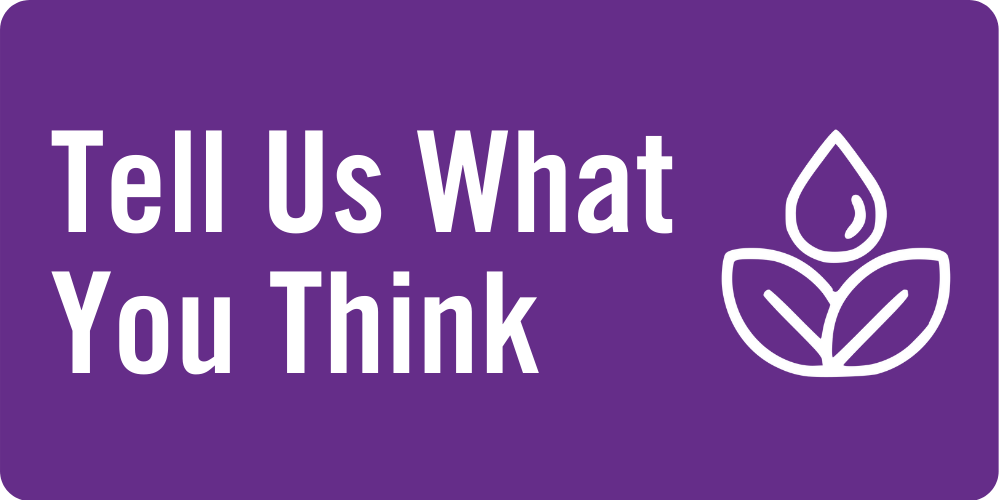Check In with Your Sleep This Reading Week
Hey, it’s Fall Reading Week! What a great time to Check-In with the Lakehead WellU Key!
Are you eating enough leafy greens? Have you been active today? How's your sleep?
Sleep is critical for learning and memory. The process of learning is actively taken up by your brain during sleep, especially during the REM stage. Sleep is essential for long-term memory formation, and it is during sleep that memory consolidation and enhancement occur.
A lack of good quality sleep can make it harder to focus and think clearly and can cause increased fatigue, irritability, and anxiety during the day. All of which can cause your academic performance to suffer.
It is not only the number of hours of sleep that matters but other factors such as quality of sleep are important. A common belief is that lost sleep from a late night of studying can be recovered by “sleeping in” another day or taking naps. However, both methods disrupt the body’s circadian rhythms and may deprive the body of deeper sleep stages. It is important to respond, whenever possible, to the body’s natural signals of sleepiness.
If you have fallen into a sleep schedule that is not working for you because you are having trouble getting up in the morning or staying up later than you want, there is no time like the present to get into a new sleep routine.
Try some of the following to get into a sleep pattern that works for you:
- Go to bed early enough to get 7-9 hours of sleep each night
- Be consistent with your sleep schedule, even on the weekends.
- If you need to nap, make it brief; keep it under 15 minutes and before 3pm
- Avoid studying, watching tv, or talking on the phone while in bed.
- Stay away from caffeine and other stimulants later in the day.
- Try to be physically active in some way each day.
- Help your body wind down naturally by turning off digital screens and dimming lights before bed.
- Try an app, like BetterSleep, Sleep Cycle, Pzizz, or Sleepiest.
If your sleep schedule is interfering with your academic work, job, and other responsibilities, if the above strategies don’t work, or if you’re struggling with sleep in any way, talk to your doctor or health care practitioner.
For more information and resources related to sleep check out the Sleep Section of our site!




